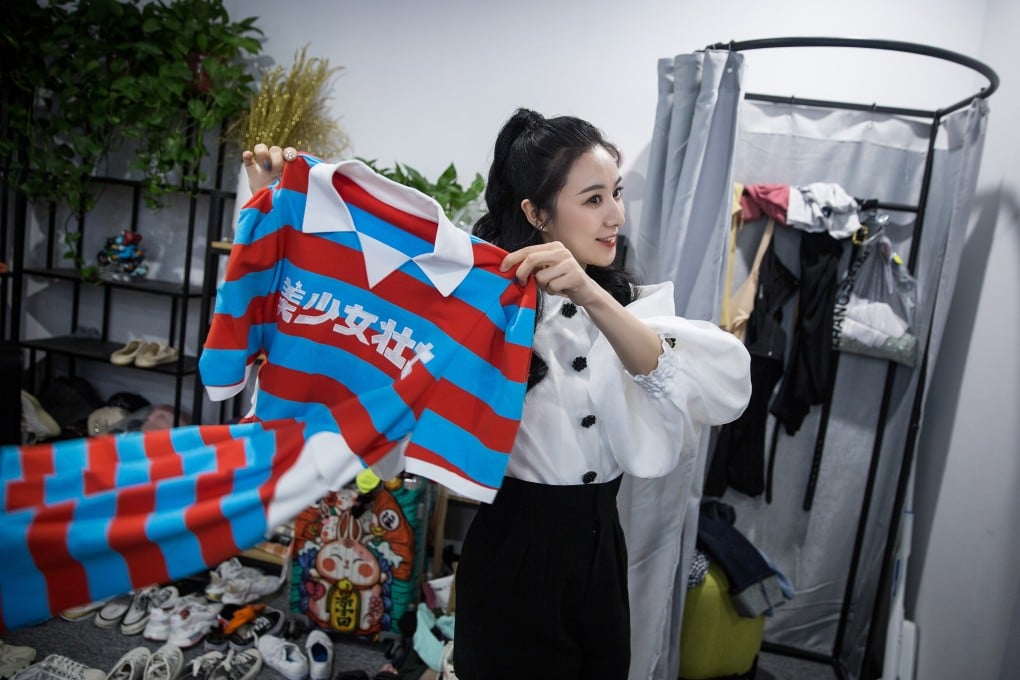Inside the wealth and power of China’s e-commerce influencers
- Sales commissions for the top live-stream shopping hosts have reportedly made them millionaires and even billionaires
- But the lucrative trend for online retail is leaving most of the country’s estimated million live-streamers behind

“Is it reasonable for live streamers to earn so much? What’s their contribution to the country apart from persuading customers to buy things they don’t really need?” said one comment on social media platform Weibo.
“Poverty limits my imagination,” another said. “I’m a graduate from a top university. However, no matter how hard I try, I’ll never earn so much money in my life!”
When the Zhejiang tax authorities announced Huang’s whopping fine for evading tax payments of roughly 700 million yuan between 2019 and 2020, she was found to hold stakes in at least 16 companies, with a major shareholding in eight, including trade and e-commerce consulting firms.
Huang, 36, and her husband Dong Haifeng ranked among China’s richest 500 in last year’s Forbes list, with an estimated fortune of 9 billion yuan. Her estimated net worth in 2020 was more than US$30 million – generated from live online sales, advertising and virtual gifts, according to the Hurun Report.
The former Beijing clothing shop owner and singer rose to fame in 2016 for generating 100 million yuan in sales over four months after becoming a live-streaming host on China’s largest e-commerce platform Taobao, operated by Alibaba Group Holding, which also owns the South China Morning Post.